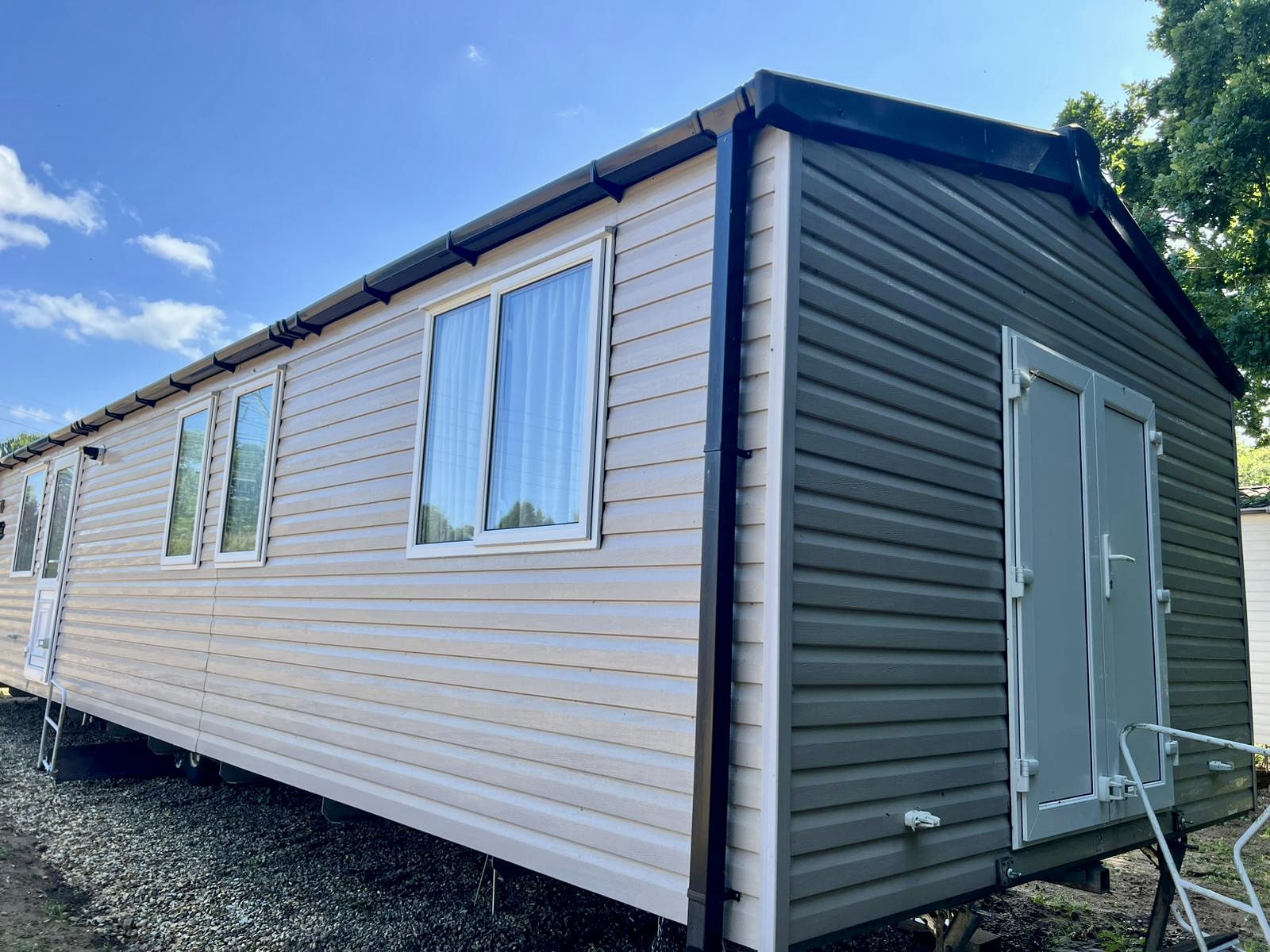9 Things You Absolutely Must Know Before Buying a Static Caravan
The dream of owning your own slice of holiday heaven is a powerful one. A static caravan offers a ready-made escape, a home away from home in your favourite corner of the country. But before you get swept away by the sea views or the peaceful countryside, it’s vital to look beyond the brochure.
Buying a static caravan is a significant commitment. To ensure your dream doesn’t turn into a financial headache, here are 9 essential things you need to know.
The Financial Realities Beyond the Purchase Price
The sticker price of the caravan is just the beginning. Understanding the full financial picture is the most critical step.
- The Ongoing Costs: Site Fees, Rates, and Utilities
This is the biggest surprise for many new buyers. You will have to pay annual site fees to the park owner. This covers the rent for the pitch, maintenance of the park’s facilities (like pools and landscaping), and often security. These fees can run into thousands of pounds each year.
Additionally, you’ll be responsible for council tax (usually a discounted rate for holiday homes) and utility bills (gas, electric, and water) for your caravan. Always get a full breakdown of these costs from the park before you sign anything. - Insurance and Depreciation
Your caravan must be insured. Specialist static caravan insurance will cover it for storms, fire, theft, and public liability. Unlike bricks-and-mortar houses, caravans depreciate in value over time, much like a car. Don’t view it as an investment that will grow in value.
Choosing the Right Location and Park
Where you buy is almost as important as what you buy.
- Park Licensing and Rules
Is the park licensed for holiday use or residential use? Holiday parks have strict rules about how long you can stay there, typically closing for part of the winter. Residential parks allow year-round living but are subject to different regulations. Also, carefully read the park’s rules and regulations. They might cover things like pet policies, visitor rules, and even what you can have on your decking. - Location, Accessibility, and Season Length
Think practically. How far is the park from your main home? Will you use it enough to justify the journey? Consider the local area—are there attractions, shops, and beaches nearby? Also, check the park’s opening season. Some are open 10 or 11 months, while others may have a shorter season, limiting your usage.
The Nitty-Gritty of Ownership
These factors affect your day-to-day experience and long-term plans.
- Pitch Agreement Length and Security
When you buy a new caravan on a park, you enter into a pitch agreement. This is a license to station your caravan on that specific pitch. Crucially, you need to know the length of this agreement. Common terms are 10, 15, or 20 years. What happens when it expires? Can it be renewed? Your security depends on this agreement. - New vs. Pre-Owned: The Pros and Cons
New Caravans: Come with warranties, the latest features, and you get to choose the exact model. However, they suffer from the highest depreciation in the first few years.
Pre-Owned Caravans: A much more affordable entry point and slower depreciation. The key is to get a professional survey to check for damp, structural issues, and electrical safety, especially for older models. - The Resale Process and Pitch Restrictions
You can’t just sell your static caravan to anyone. The park owner usually has the right to approve the new owner. Furthermore, many parks have an age limit for caravans on site. When your caravan reaches a certain age, you may be forced to remove it or trade it in with the park, which can significantly impact its resale value.
Final Considerations Before You Sign
- Can You Really See Yourself There?
Spend time on the park at different times of the day and week. Is it too noisy or too quiet for your taste? Talk to current owners about their experiences. This firsthand research is invaluable. - Get Everything in Writing
Verbal promises are worthless. Ensure every detail—the pitch fee, agreement length, park rules, and any promises made by the salesperson—is clearly stated in your contract. If in doubt, seek legal advice before signing.
Conclusion: Is a Static Caravan Right for You?
Owning a static caravan can bring years of joy and create wonderful family memories. However, it’s a lifestyle choice, not a financial investment. By thoroughly researching these 9 key areas—especially the ongoing costs and the terms of your pitch agreement—you can make a confident decision and find a holiday home that truly is a dream come true.
Happy holiday home hunting!




